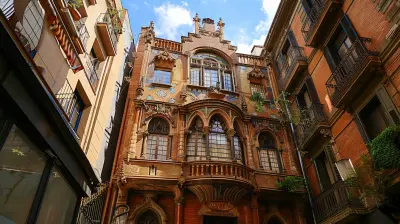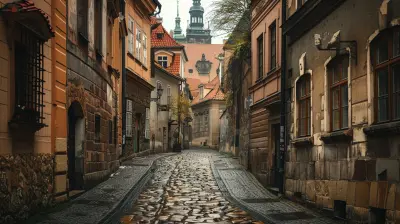Ethical Travel: Supporting Local Economies and Protecting Nature
17 November 2025
Traveling is thrilling, isn't it? The taste of street food sizzling in a foreign market, the chatter of a language you don’t quite understand, and that feeling of adventure pulsing through your veins—yeah, I get it.
But here's the question we often forget to ask ourselves: Are we helping or harming when we travel?
That's where ethical travel comes into play. It's all about being a responsible traveler—one who respects local cultures, supports community economies, and leaves a minimal footprint on the environment. Sounds good? Great! Let’s dive into how you can travel ethically and make a real difference while still soaking in the magic of the world.
What Is Ethical Travel, Anyway?
Let’s break it down. Ethical travel means making conscious choices that benefit the people and places we visit.You're not just picking where to go based on Instagrammable views, but also thinking:
- Who owns the businesses I’m supporting?
- Is my visit harmful to local traditions or ecosystems?
It’s like being a thoughtful guest at someone’s home. You wouldn’t wear muddy boots on their couch or take what's not offered freely, right? Ethical travel is just that—respect on a global scale.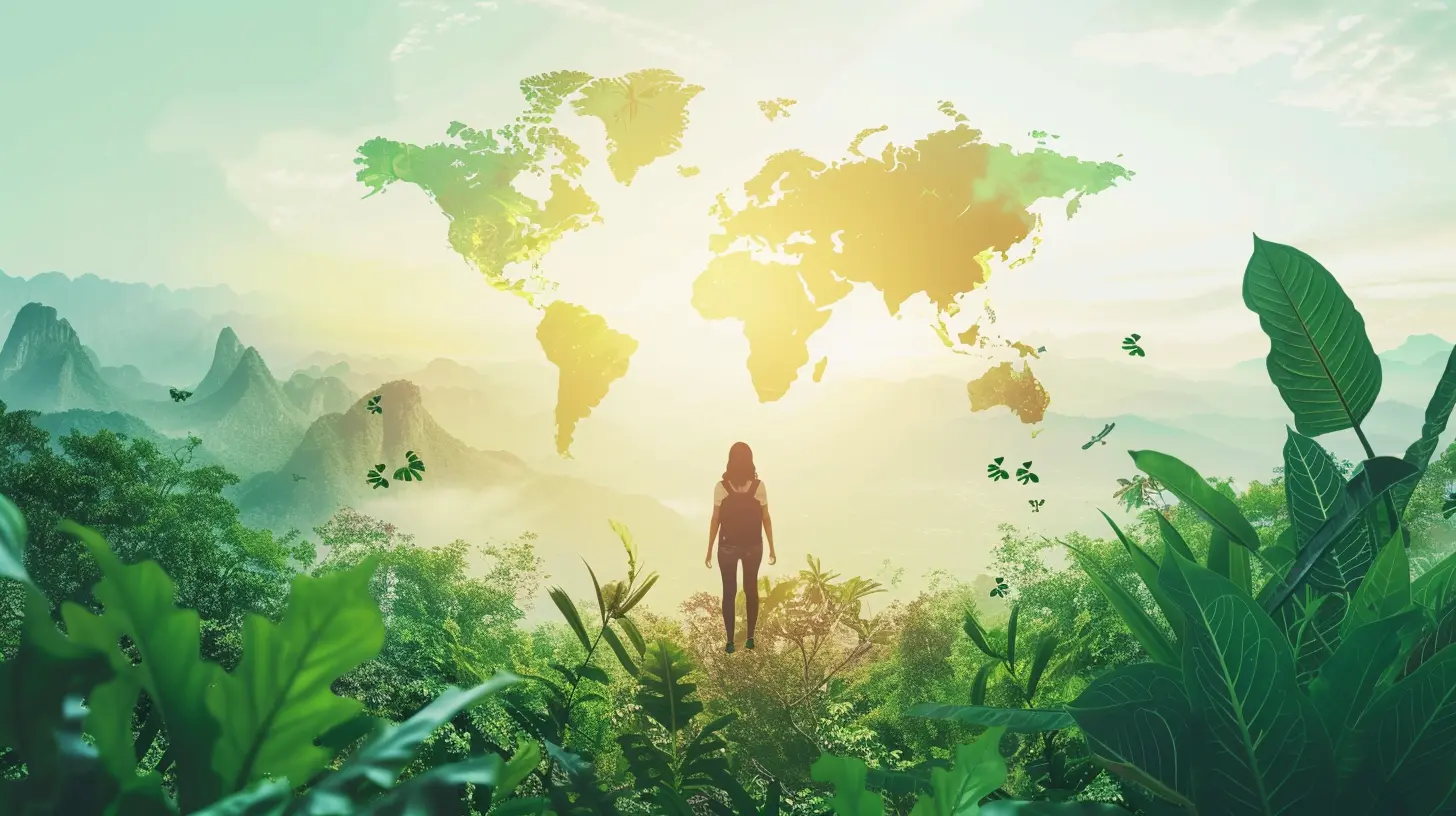
Why Ethical Travel Matters
Let’s be honest—mass tourism has a dark side. Local cultures get watered down, natural habitats get trampled, and corporations often pocket the profits while local communities get crumbs. That amazing beach resort? It might displace villagers. That elephant ride? Could involve abuse.But when you travel ethically, you flip the script. You become a force for good.
Here’s how it helps:
- Supports local families and small businesses
- Preserves natural environments
- Protects wildlife
- Promotes authentic cultural experiences
- Fosters deep, meaningful connections
It’s not just about saving the world. It’s also about getting a richer travel experience in return.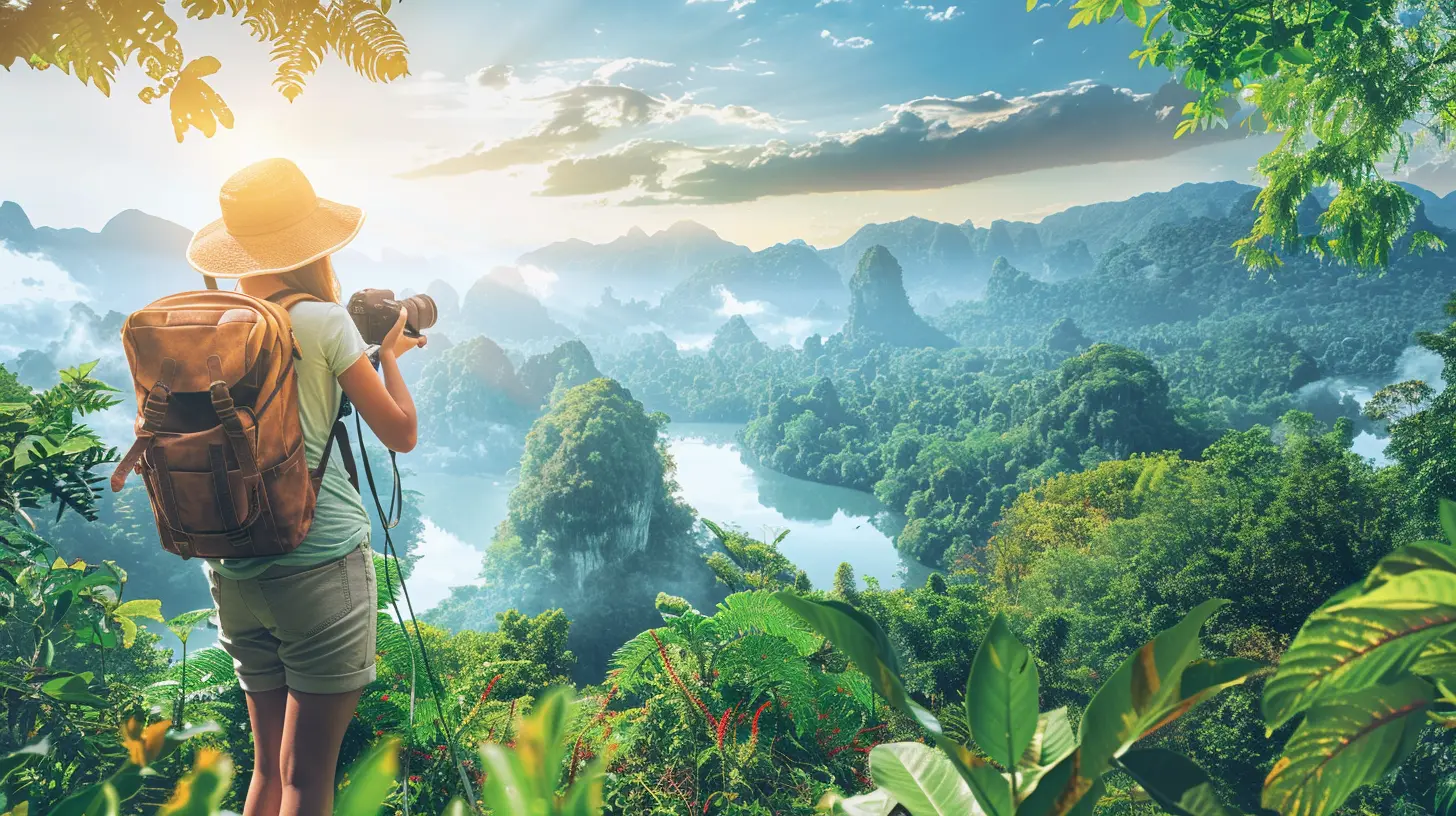
Supporting Local Economies the Right Way
We often think we’re helping by just being there and spending money. But wait—where that money goes makes all the difference.1. Stay Local
Instead of booking big hotel chains, try:- Guesthouses
- Homestays
- Locally owned eco-lodges
These places are often cozier, more authentic, and your money actually stays in the community. Win-win!
2. Eat at Local Restaurants
Skip the familiar fast food joints and head for:- Street food stalls
- Family-run restaurants
- Local farmers’ markets
Not only will your taste buds thank you, but you’ll also be putting money directly in the hands of community members.
3. Buy Handmade, Not Mass-Produced
At souvenir shops, it’s tempting to grab cheap trinkets. But those are often imported or mass-manufactured.Instead, look for:
- Artisan products
- Traditional crafts
- Fair-trade items
Ask questions like, “Did you make this?” and get to know the story behind your keepsake.
4. Hire Local Guides
Who knows a place better than someone who lives there? Hiring a local guide means:- You get insider knowledge and hidden gems
- They earn a fair wage
- You’re directly supporting employment
And trust me—these are the tours that stick in your memory.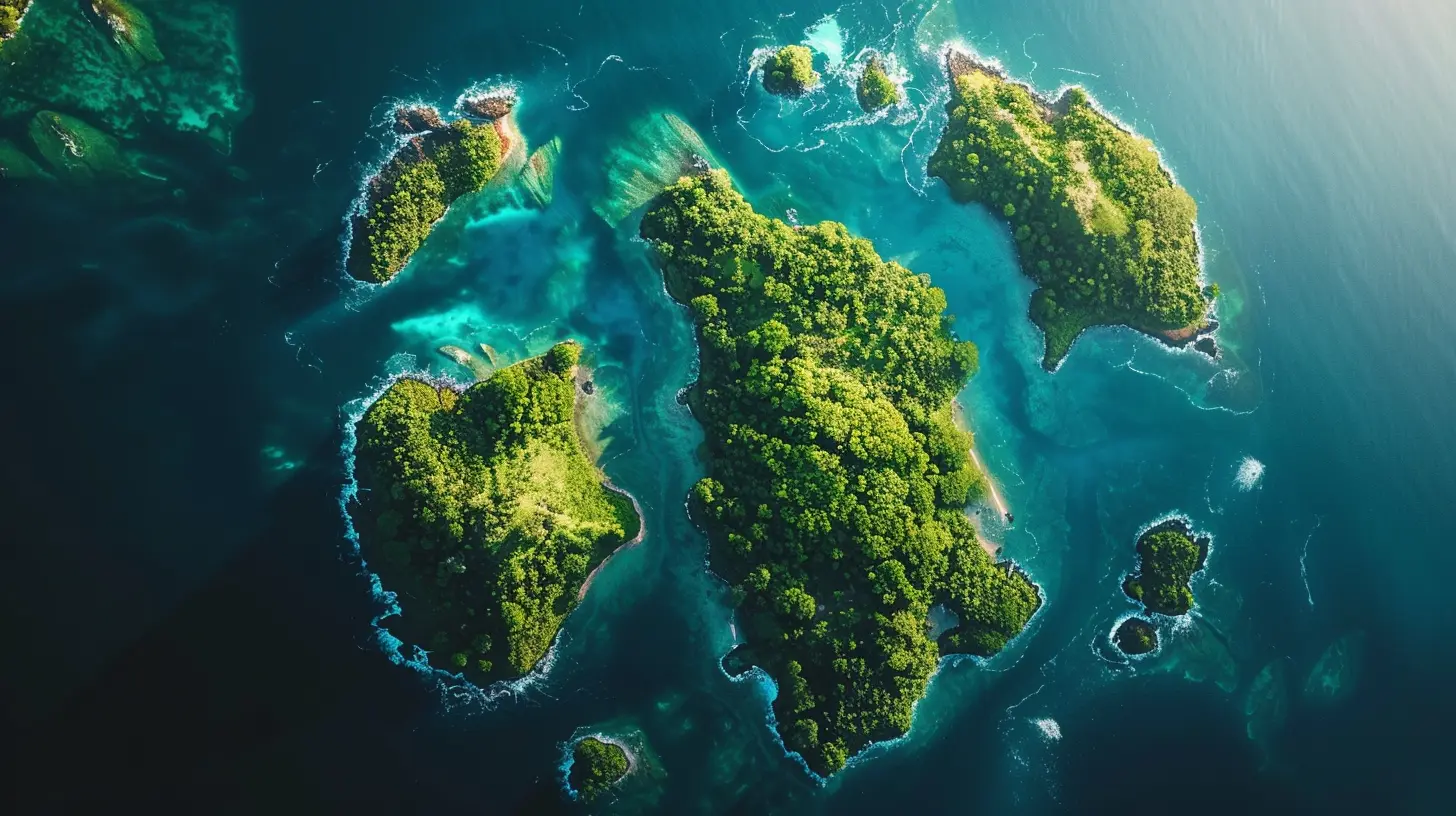
Protecting Nature While You Travel
Let’s talk about the planet. Traveling can be pretty rough on it, from carbon emissions to waste generation and wildlife exploitation. But don’t sweat—there are ways to travel without kicking Mother Nature in the gut.1. Choose Eco-Friendly Transportation
Planes are often unavoidable, but once you land, try to:- Take public transport
- Bike or walk
- Join group tours instead of single-rider vehicles
Travel slow. It’s greener and lets you soak in the scenery.
2. Stay at Eco-Conscious Accommodations
Look for places with:- Renewable energy sources
- Water-saving practices
- Waste reduction and recycling programs
Many eco-lodges even run local conservation projects. That’s next-level impact.
3. Respect Wildlife—From a Distance
Wildlife has become a huge part of tourism. But not all experiences are created equal.Avoid:
- Animal rides (elephants, dolphins, camels)
- Selfie encounters with drugged or captive animals
- Unethical zoos or aquariums
Do:
- Visit sanctuaries and reserves that prioritize animal welfare
- Go on respectful wild safaris (think quiet and low-impact)
If an animal doesn’t belong in a cage for your entertainment, don’t support the business that puts it there.
4. Leave No Trace
This one’s simple but powerful:- Don’t litter
- Don’t take "souvenirs" like coral or shells
- Pack out what you pack in
Treat natural spaces like sacred ground—because they are.
Building Cultural Respect and Connection
Ever been somewhere new and felt like an outsider? Imagine locals feeling like that in their own home because of disrespectful tourists.Here’s how to leave a good impression:
1. Learn Local Customs
Before you go, read up on:- Dress codes
- Gestures or phrases that might be offensive
- Taboos around food, religion, or public behavior
A little research goes a long way.
2. Pick Up Some Language Basics
You don’t have to be fluent, but “hello,” “thank you,” and “please” in the local tongue? That’s gold. It shows respect and opens doors to genuine connection.3. Ask, Don’t Assume
Want to take someone’s photo? Ask. Curious about a ritual? Ask politely. People generally love to share—just approach them with humility and respect.Ethical Travel Isn’t About Perfection
Let’s be real—you probably won’t get it all right. And that’s OK.Ethical travel isn't about being perfect. It's about doing better where you can. Each mindful decision adds up. Whether it’s skipping a plastic water bottle or choosing a local tour operator, it all contributes to a bigger change.
Think of it like a puzzle. Every small, ethical choice you make helps complete the picture of a more sustainable and respectful travel world.
Real-Life Example: A Story Worth Sharing
A friend of mine visited a small village in Laos. Instead of staying in a big hotel, she chose a homestay. The host family cooked with local ingredients, showed her around town, and even taught her how to weave traditional textiles. She left with memories, stories, and souvenirs made by hand—not mass-produced in a factory.Guess what? Her trip dollars helped fund a new water well for the village.
That’s ethical travel in action.
Tips to Get Started With Ethical Travel
Ready to hit the road with a more conscious compass? Here's a quick checklist to get you started:- ✅ Research local customs and etiquette before you go
- ✅ Choose local over corporate
- ✅ Be mindful of your environmental impact
- ✅ Support eco-conscious accommodations
- ✅ Avoid unethical animal experiences
- ✅ Travel slow and stay longer
- ✅ Respect the culture, language, and people
The Ripple Effect of Ethical Travel
You might feel like one person can’t make a dent. But imagine if everyone reading this article made just one ethical choice on their next trip. That’s thousands of small changes building a wave of transformation.Travel has the power to uplift communities or exploit them. To preserve nature or destroy it. The direction? That’s up to us.
So the next time you’re booking a getaway, ask yourself: “How can I be a better guest?” It might just change the way you see the world—and how the world sees you.
Final Thoughts
Travel should be a joy. But it should also be just, fair, and thoughtful. It’s not about guilt—it’s about gratitude. Gratitude for the opportunity to see new places, meet new people, and experience different ways of life.And the best way to show that gratitude? Leave the places you visit a little better than you found them.
So go ahead—pack your bags, book that ticket, and travel with purpose. The world’s waiting, and it deserves your respect.
all images in this post were generated using AI tools
Category:
Sustainable TourismAuthor:

Reed McFadden
Discussion
rate this article
1 comments
Selina McKee
Traveling ethically is not just a trend; it's a responsibility. By supporting local economies and respecting nature, we foster sustainable tourism that benefits communities and preserves the environment. Each choice we make as travelers can create a positive ripple effect, ensuring future generations enjoy the beauty we cherish today.
November 17, 2025 at 4:22 AM

Reed McFadden
Absolutely! Ethical travel is essential for sustaining communities and protecting our planet. Every decision we make can contribute to a brighter future for both travelers and the destinations we love.

